12 Tips on How and When to File an Amended Tax Return
What to do if you discover a mistake on a previously filed tax return (and other reasons for filing an amended tax return).

Kate Schubel
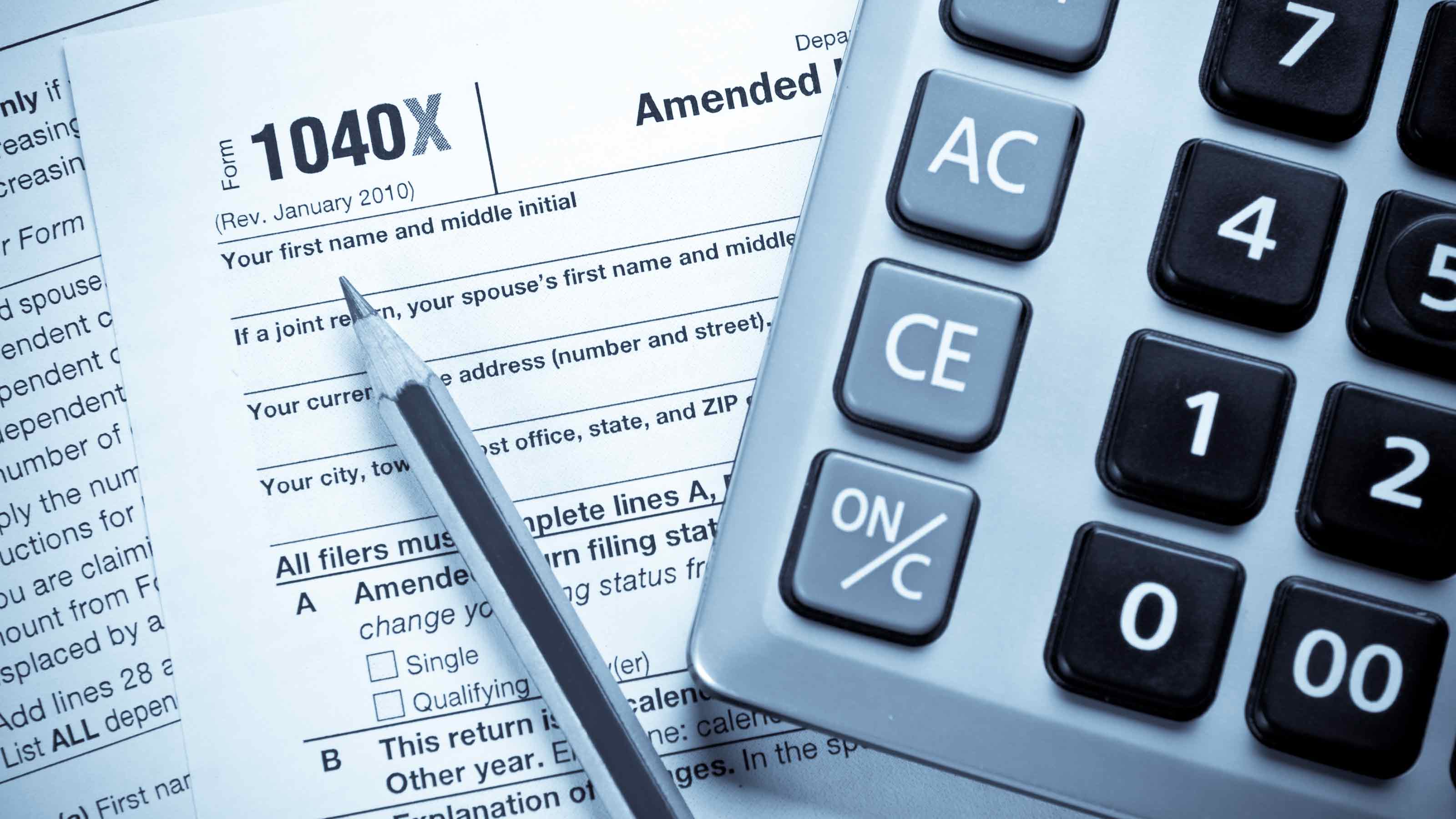
Profit and prosper with the best of Kiplinger's advice on investing, taxes, retirement, personal finance and much more. Delivered daily. Enter your email in the box and click Sign Me Up.
You are now subscribed
Your newsletter sign-up was successful
Want to add more newsletters?

Delivered daily
Kiplinger Today
Profit and prosper with the best of Kiplinger's advice on investing, taxes, retirement, personal finance and much more delivered daily. Smart money moves start here.

Sent five days a week
Kiplinger A Step Ahead
Get practical help to make better financial decisions in your everyday life, from spending to savings on top deals.

Delivered daily
Kiplinger Closing Bell
Get today's biggest financial and investing headlines delivered to your inbox every day the U.S. stock market is open.

Sent twice a week
Kiplinger Adviser Intel
Financial pros across the country share best practices and fresh tactics to preserve and grow your wealth.

Delivered weekly
Kiplinger Tax Tips
Trim your federal and state tax bills with practical tax-planning and tax-cutting strategies.

Sent twice a week
Kiplinger Retirement Tips
Your twice-a-week guide to planning and enjoying a financially secure and richly rewarding retirement

Sent bimonthly.
Kiplinger Adviser Angle
Insights for advisers, wealth managers and other financial professionals.

Sent twice a week
Kiplinger Investing Weekly
Your twice-a-week roundup of promising stocks, funds, companies and industries you should consider, ones you should avoid, and why.

Sent weekly for six weeks
Kiplinger Invest for Retirement
Your step-by-step six-part series on how to invest for retirement, from devising a successful strategy to exactly which investments to choose.
It's often said that everyone makes mistakes. And sometimes, when taxes are involved, some of those mistakes turn up on annual tax returns.
Maybe you discover an error right after you filed your tax return, or perhaps months (or even years) pass before you realize that a new development changed the amount of tax that you should have paid on a prior return.
Thankfully, whether the mistake is in your favor or not, filing an amended tax return can be the next best step.
Filing an amended return isn't particularly difficult, but there are a few things you should know about the process before getting started. It also helps to be familiar with some common occurrences that can trigger the need for an amended return.
So, here are 12 tips on how and when to file an amended tax return.
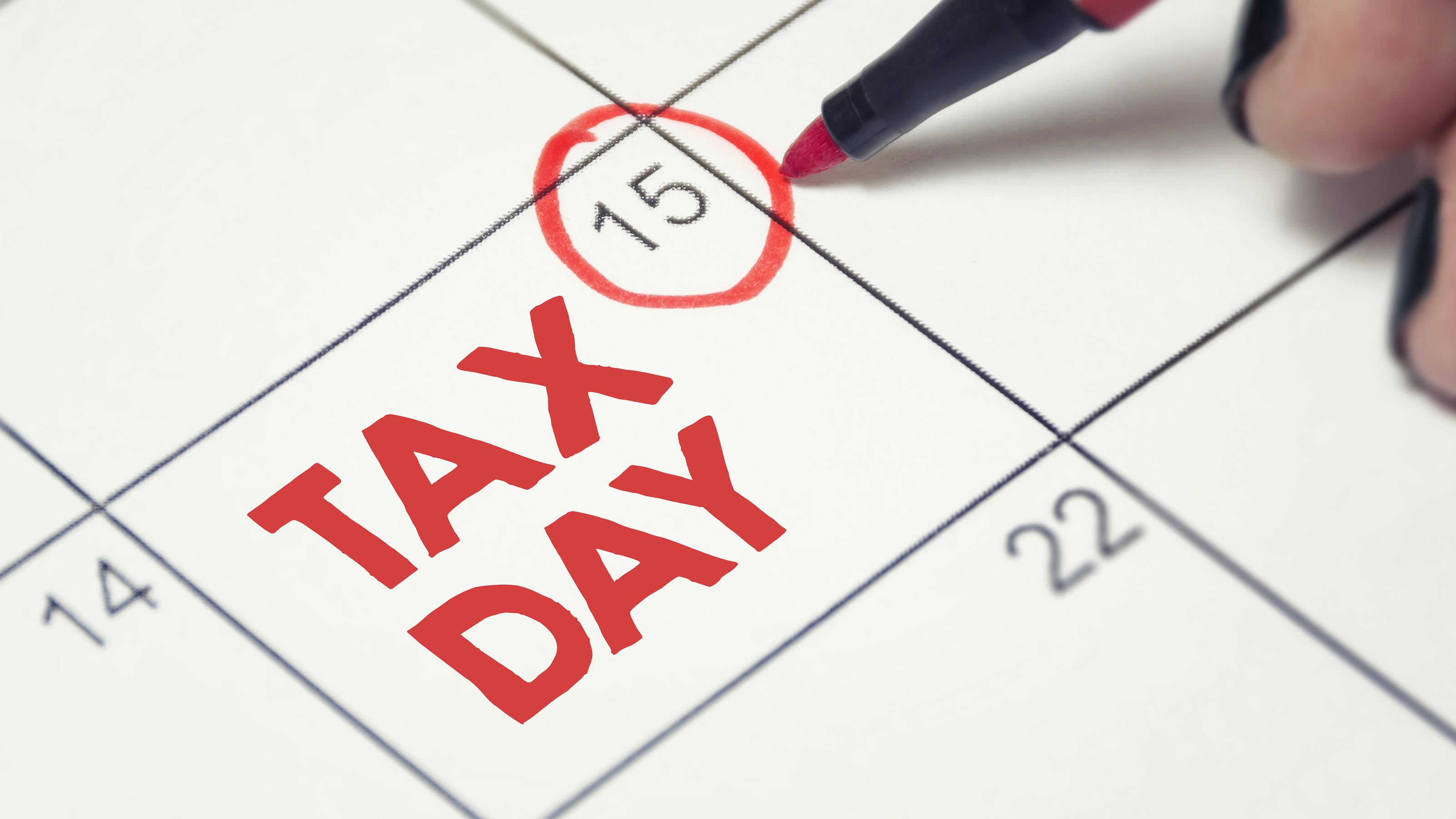
1. File a superseding return if the filing deadline hasn't passed
What if you filed your tax return but discovered a mistake the very next day? If the filing deadline, including extensions, hasn't passed, then you don't want to file an amended tax return. Instead, you can file a "superseding return."
Basically, if you file a second return before the filing deadline, the second return "supersedes" the first return and is treated as the original return.
Say, for example, you filed a 2024 return in March 2025 and, instead of getting a refund, elected to apply your overpayment against your 2025 tax liability. But then you lost your job in March and wanted to get your refund this year. If you filed a superseding return before the April 15 tax deadline (or the Oct. 15 deadline if you were granted an extension), you'll receive the refund in 2025.
Related: 2025 Tax Refund Schedule.

2. Let the IRS correct certain errors
You don't need to file an amended return if you discover a simple math or clerical error on your return. The IRS can correct those types of mistakes on its own. Also, if you forgot to attach a particular form or schedule to your tax return, you don't need to file an amended return to address that.
The IRS will contact you by mail if it needs additional information to fix those kinds of errors.
However, you should file an amended tax return if there's an issue that changes your filing status, income, deductions, or credits.
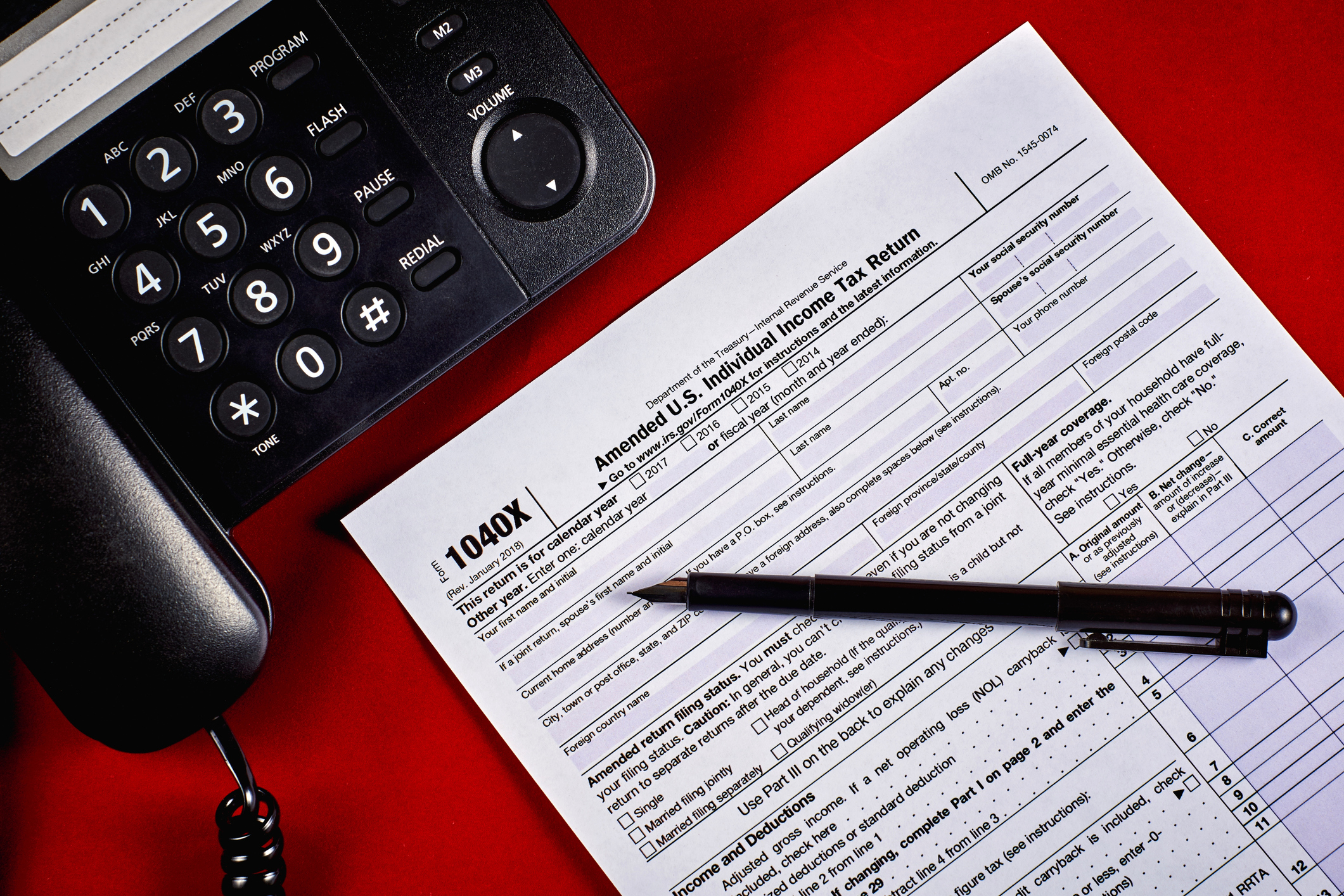
3. Use Form 1040-X
If you do need to file an amended personal income tax return, you will probably need to submit IRS Form 1040-X, which is used to:
- Correct Forms 1040, 1040-SR, or 1040-NR;
- Make certain elections after the election deadline; or
- Change amounts previously adjusted by the IRS (except IRS changes to interest or penalties).
- Claim a loss or unused credit carryback.
You can e-file amended Forms 1040, 1040-SR, and 1040-NR. You can also amend your return electronically if your filing status changed or you need to add a dependent.
Note: You can still use the paper version of the Form 1040-X if you want. If you choose that option, be sure to follow the instructions for submitting the paper form.
You can use Form 1045 instead of Form 1040-X in limited situations. For example, Form 1045 might be an option if you had to repay income that was previously taxed or you're carrying back certain losses or tax credits. You should also use Form 843 if you're requesting a refund of penalties and interest or an addition to tax that you already paid.
- For example, Form 1045 might be an option if you had to repay income that was previously taxed or you're carrying back certain losses or tax credits.
- You should also use Form 843 if you're requesting a refund of penalties and interest or an addition to tax that you already paid.
Also, make sure that you file a separate Form 1040-X for each tax year. Submit them separately, too. If filing a paper return, check the box at the top of the form to indicate the tax year for the return being amended. If there isn't a box for that year, write in the year in the space provided.
Don't forget to sign the amended return. Attach any required forms or schedules as well. Generally, you need to attach any schedule or form relating to the changes you're making. For example, attach Schedule A if you're changing an itemized deduction. The form instructions tell you which other attachments are necessary.
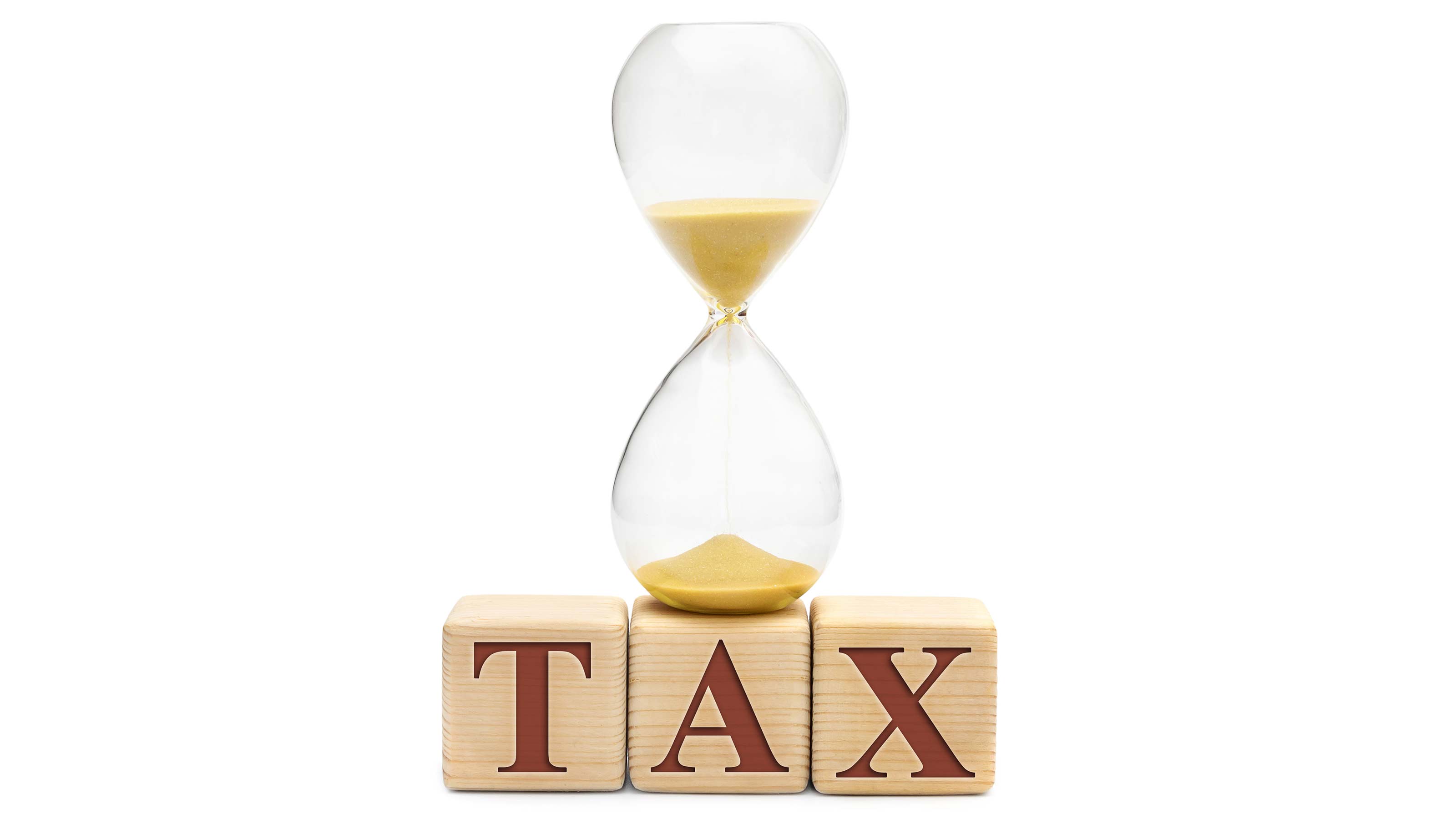
4. File your amended return before it's too late
Generally, you must file an amended tax return...
- Within three years from the date you filed your original return, OR
- Within two years from the date you paid any tax due, whichever is later.
If you filed your original return before the due date (April 15, 2025, for 2024 returns), it's considered filed on the due date.
There are several special due-date rules for amended returns that are based on changes related to bad debts, foreign tax credits, net operating losses, natural disasters, service or injury in a combat zone, and a few other situations—check the instructions for Form 1040-X for details.
Don't file your amended tax return too quickly, though. If you are due a refund on your original return, wait until you actually receive the refund before filing an amended return for that tax year.
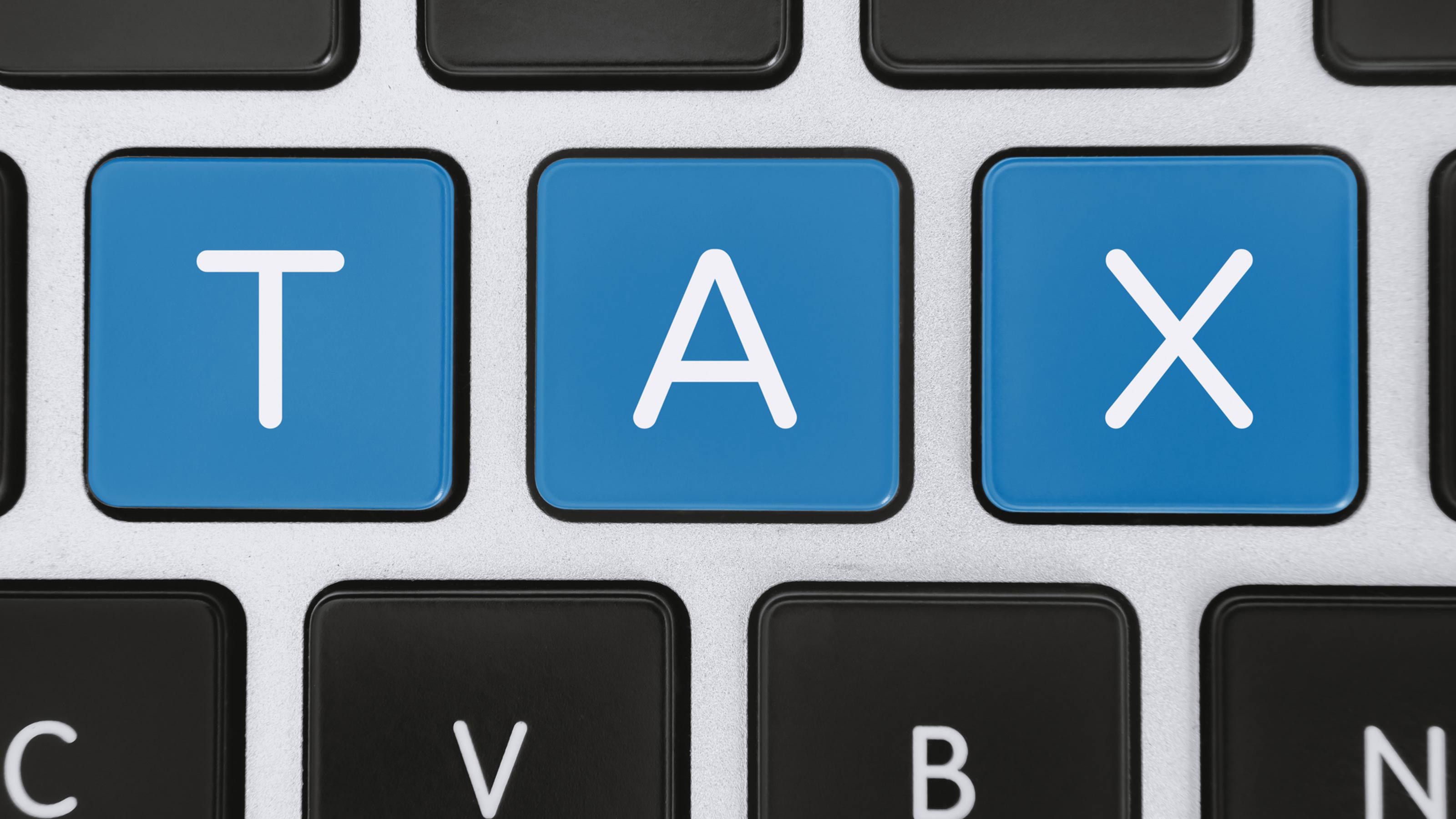
5. Pay any tax owed right away
It's nice if amending your return results in a refund, but unfortunately, that is not always the case. If you owe the government money as a result of filing an amended return, pay the tax bill as soon as possible to avoid additional penalties and interest charges.
There are several ways to pay the IRS. You can pay online or by phone, mobile device, cash, check, or money order (see the instructions for Form 1040-X for details).
If you can't pay the full amount right away, the IRS recommends asking for an installment agreement that will allow you to make monthly payments. You'll still pay interest and penalties and probably a fee to set up the agreement. Other, potentially less costly alternatives include bank loans or credit card payments.
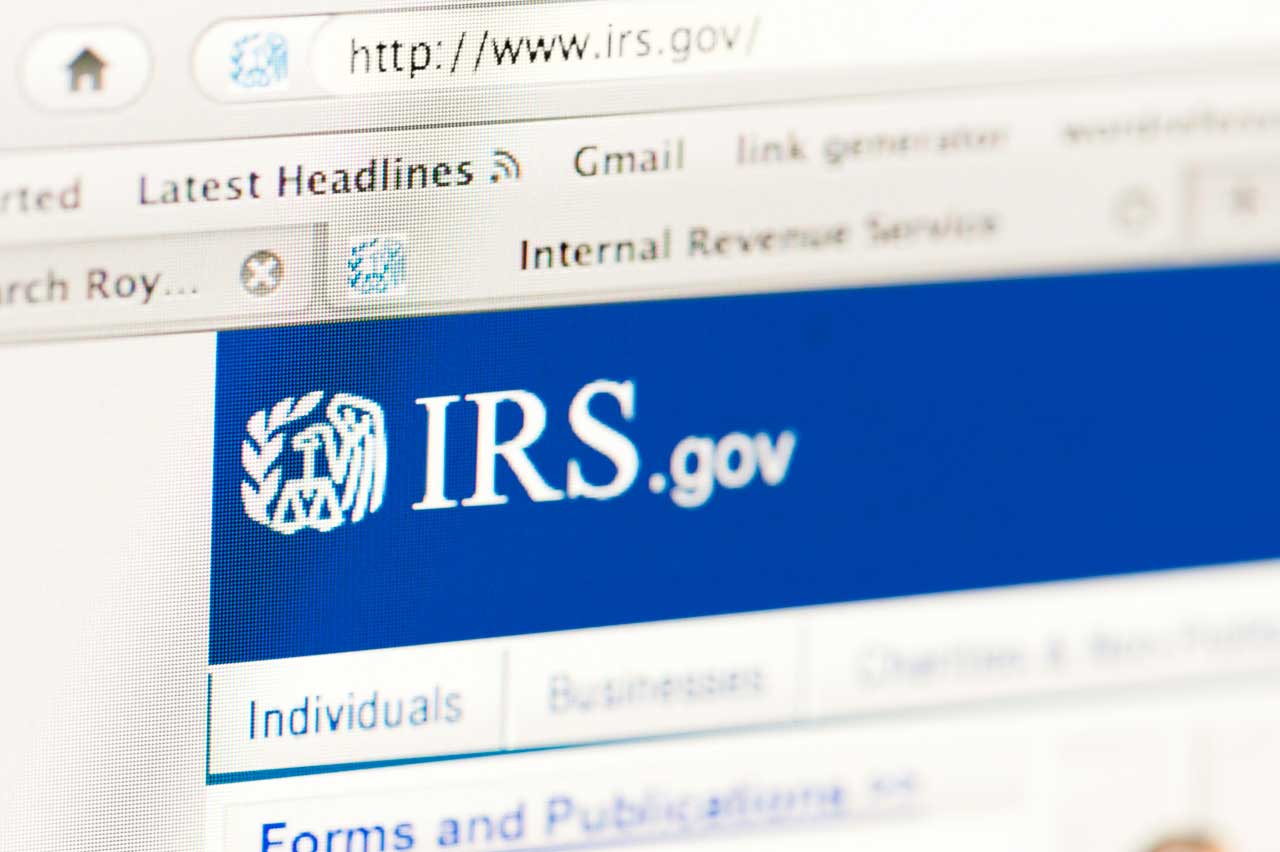
6. You can track the status of your amended tax return
You can track the status of your amended tax return by calling 866-464-2050 or using the IRS's online "Where's My Amended Return? tool:
- You can get the status of your amended returns for the current tax year and up to three prior years.
- The automated system will tell you if your return has been received, adjusted, or completed.
To access the system, all you need is your Social Security number, date of birth, and zip code.
It can take up to three weeks after you mail your amended return for it to show up in the IRS's system. After that, processing can take sixteen weeks or longer.
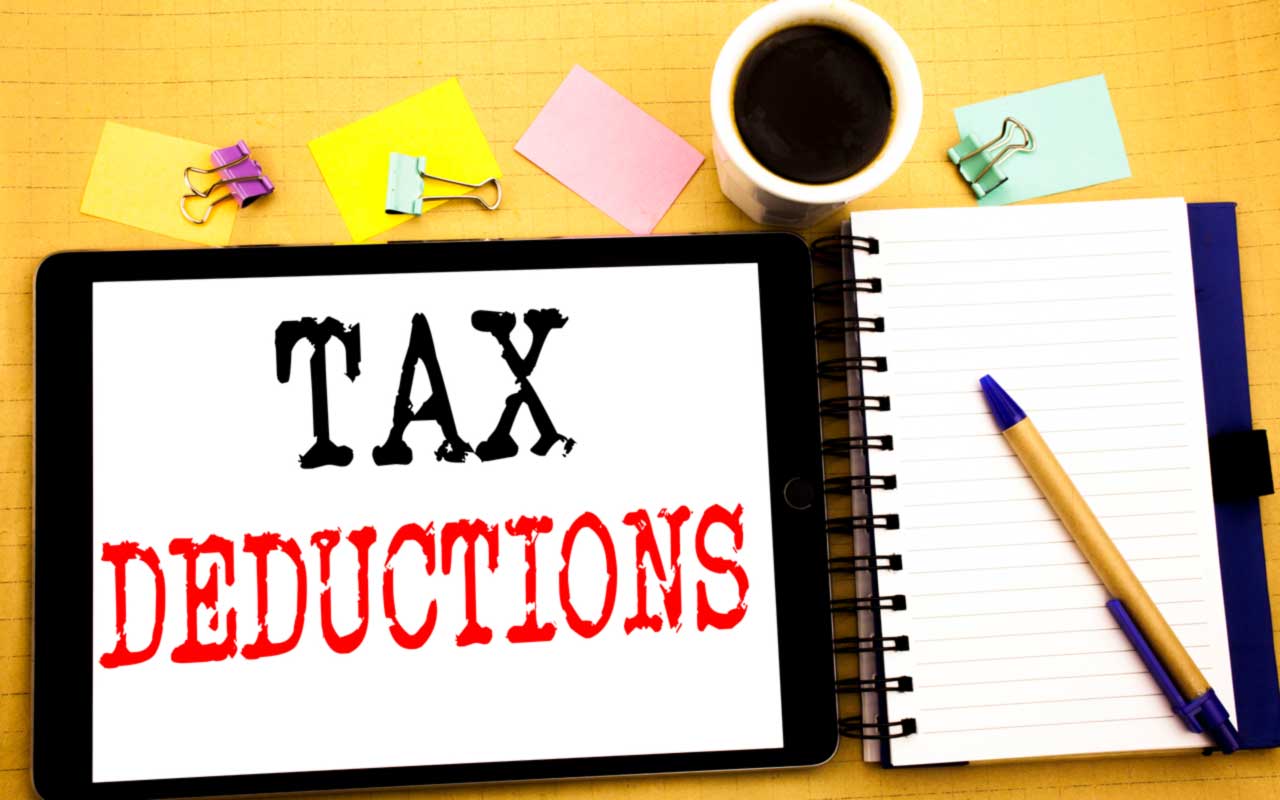
7. Claim missed tax deductions or credits
Now, let's get into some of the more common reasons why you might want to file an amended tax return. Many people file an amended tax return to claim an overlooked tax deduction or credit. The tax code is full of tax breaks, so it's easy to miss one that applies to you.
If you discover a tax deduction or tax credit that you qualify for after filing your original return, simply file an amended return within the three-year period described above to claim that deduction or credit and get a refund.
However, filing an amended return might not be worth the effort if doing so is only going to reduce your taxes for that year by a few dollars. But you do have the option.

8. Watch for new tax laws applied retroactively: 'Big Beautiful Bill' and beyond
If there are any retroactive tax laws enacted that include new or expanded tax breaks, you'll want to check your previous tax returns to see if you can take advantage of the new law or laws.
This is especially true for 2025. With the passage of the so-called "One Big Beautiful Bill" (OBBB), some provisions like "no tax on tips" may be applied retroactively to January 1, 2025.
If a new or expanded tax policy benefits you, submit your Form 1040-X as soon as possible to get a refund for some of the taxes you already paid.
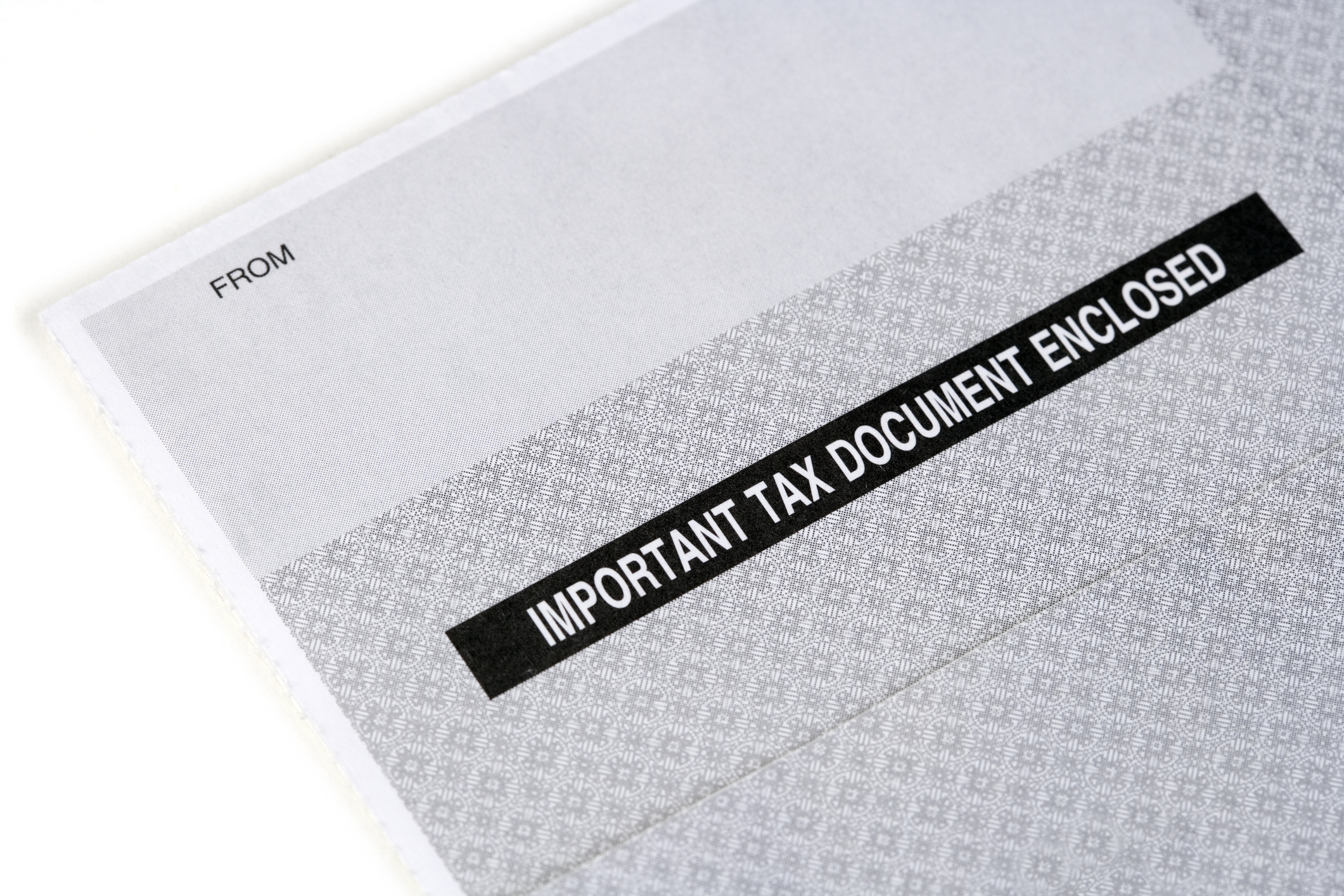
9. You receive new information after filing your return
You'll need to file an amended tax return if you receive information after filing your original return that significantly changes your taxable income.
For example, you might receive an amended W-2 form or a type of 1099 form showing previously unreported income (enough to make a difference on your return). If the new information affects the deductions or credits that you claimed on your original return — for example, by upping your income to a point where the tax break is reduced or no longer available to you — you'll need to file an amended return for that too.
You won't receive a refund for those types of changes, but you still need to file an amended tax return to avoid penalties and additional interest.
Changes you make on an amended tax return that affect your income, tax deductions, or tax liability may also affect the amount of (or cause you to owe) the alternative minimum tax. So be sure to look out for that as well.

10. Disaster victims can amend return to deduct losses
If you are the victim of a hurricane, wildfire, or other natural disaster, you might be able to file an amended tax return to claim a casualty loss deduction for:
- The tax year before the disaster, OR
- In the year of the disaster, selecting whichever tax year is more favorable to you.
However, the loss must be attributable to a federally declared disaster that occurred in an area warranting public and/or individual assistance. Otherwise, this special rule doesn't apply.
If you decide to claim the loss for the year before the disaster, you must file your amended tax return no later than six months after the due date for filing your original return (without extensions) for the year in which the loss took place.
So, for example, if the disaster occurred in 2025, and you want to claim your loss on your 2024 return, you should have filed an amended 2024 return by October 15, 2025.
Also note: a personal casualty and theft loss deduction is generally subject to a $100-per-casualty limit. It also can't exceed 10% of your adjusted gross income, and you have to itemize to claim it.
Related: How to Recover Tax Records and Vital Documents After a Disaster.
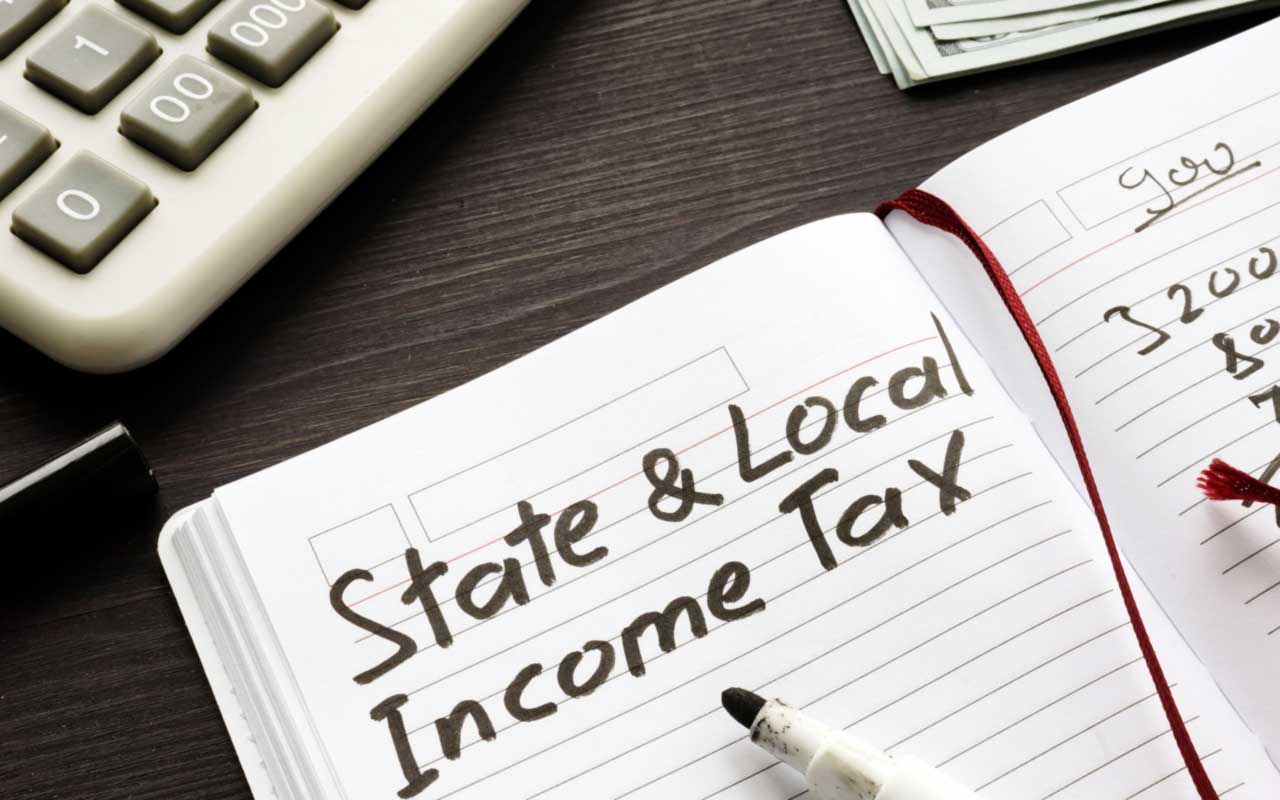
11. Take advantage of state tax laws
If you prepare your own tax returns, it's best to fill out both your federal and state returns before actually submitting either one. But, sometimes, that's just not possible.
You might be too busy to do them both at once, so you send in your federal return (which has to be done first) one day, and put off your state return for another day.
Then, when you're finally working on your state return, you realize that something you did on your federal return is going to cost you more in state taxes than what it saves you in federal taxes. If that's the case, it might make sense to amend your federal tax return.
And while we're talking about state tax returns, remember that a change made to your federal return may very well affect your state tax liability, too.
So, if you have already filed your state return, check to see whether filing an amended federal return means you'll have to file an amended state return as well.
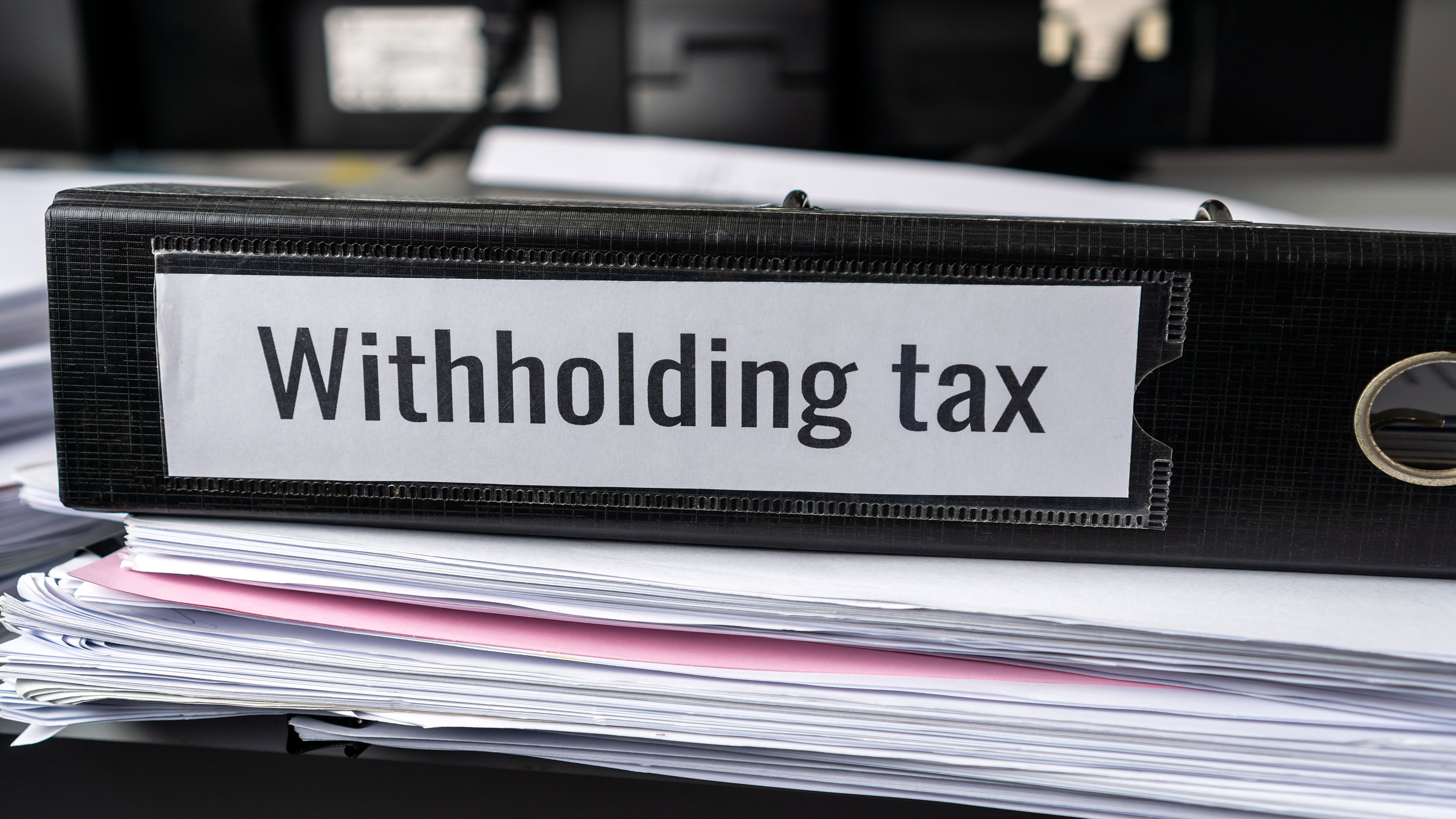
12. You may want to update your withholding tax
After amending your tax return, you may want to update your withholding taxes if one of the two situations occurs:
- The amount you get back as a tax refund is significant, OR
- If you owe a lot more taxes after amending your return.
Fortunately, it can be very simple to update your Form W-4. Ask your employer's human resources or payroll department for a copy of the withholding tax form to complete. You can even use the IRS's Tax Withholding Estimator to help you fill out the W-4 form.
For more information, check out Kiplinger's report, W-4 Form: Tax Withholding Tips to Optimize Your Taxes This Year.
Read More
Profit and prosper with the best of Kiplinger's advice on investing, taxes, retirement, personal finance and much more. Delivered daily. Enter your email in the box and click Sign Me Up.
Rocky Mengle was a Senior Tax Editor for Kiplinger from October 2018 to January 2023 with more than 20 years of experience covering federal and state tax developments. Before coming to Kiplinger, Rocky worked for Wolters Kluwer Tax & Accounting, and Kleinrock Publishing, where he provided breaking news and guidance for CPAs, tax attorneys, and other tax professionals. He has also been quoted as an expert by USA Today, Forbes, U.S. News & World Report, Reuters, Accounting Today, and other media outlets. Rocky holds a law degree from the University of Connecticut and a B.A. in History from Salisbury University.
- Kate SchubelTax Writer
-
 Dow Adds 1,206 Points to Top 50,000: Stock Market Today
Dow Adds 1,206 Points to Top 50,000: Stock Market TodayThe S&P 500 and Nasdaq also had strong finishes to a volatile week, with beaten-down tech stocks outperforming.
-
 Ask the Tax Editor: Federal Income Tax Deductions
Ask the Tax Editor: Federal Income Tax DeductionsAsk the Editor In this week's Ask the Editor Q&A, Joy Taylor answers questions on federal income tax deductions
-
 States With No-Fault Car Insurance Laws (and How No-Fault Car Insurance Works)
States With No-Fault Car Insurance Laws (and How No-Fault Car Insurance Works)A breakdown of the confusing rules around no-fault car insurance in every state where it exists.
-
 Avoid a Tax Surprise After Your 2026 Super Bowl Bets: A New IRS Rule to Know
Avoid a Tax Surprise After Your 2026 Super Bowl Bets: A New IRS Rule to KnowTaxable Income When Super Bowl LX hype fades, some fans may be surprised to learn that sports betting tax rules have shifted.
-
 Should You Do Your Own Taxes This Year or Hire a Pro?
Should You Do Your Own Taxes This Year or Hire a Pro?Taxes Doing your own taxes isn’t easy, and hiring a tax pro isn’t cheap. Here’s a guide to help you figure out whether to tackle the job on your own or hire a professional.
-
 Can I Deduct My Pet On My Taxes?
Can I Deduct My Pet On My Taxes?Tax Deductions Your cat isn't a dependent, but your guard dog might be a business expense. Here are the IRS rules for pet-related tax deductions in 2026.
-
 Don't Overpay the IRS: 6 Tax Mistakes That Could Be Raising Your Bill
Don't Overpay the IRS: 6 Tax Mistakes That Could Be Raising Your BillTax Tips Is your income tax bill bigger than expected? Here's how you should prepare for next year.
-
 Oregon Tax Kicker in 2026: What's Your Refund?
Oregon Tax Kicker in 2026: What's Your Refund?State Tax The Oregon kicker for 2025 state income taxes is coming. Here's how to calculate your credit and the eligibility rules.
-
 3 Retirement Changes to Watch in 2026: Tax Edition
3 Retirement Changes to Watch in 2026: Tax EditionRetirement Taxes Between the Social Security "senior bonus" phaseout and changes to Roth tax rules, your 2026 retirement plan may need an update. Here's what to know.
-
 Tax Season 2026 Is Here: 8 Big Changes to Know Before You File
Tax Season 2026 Is Here: 8 Big Changes to Know Before You FileTax Season Due to several major tax rule changes, your 2025 return might feel unfamiliar even if your income looks the same.
-
 12 Tax Strategies Every Self-Employed Worker Needs in 2026
12 Tax Strategies Every Self-Employed Worker Needs in 2026Your Business Navigating the seas of self-employment can be rough. We've got answers to common questions so you can have smoother sailing.

